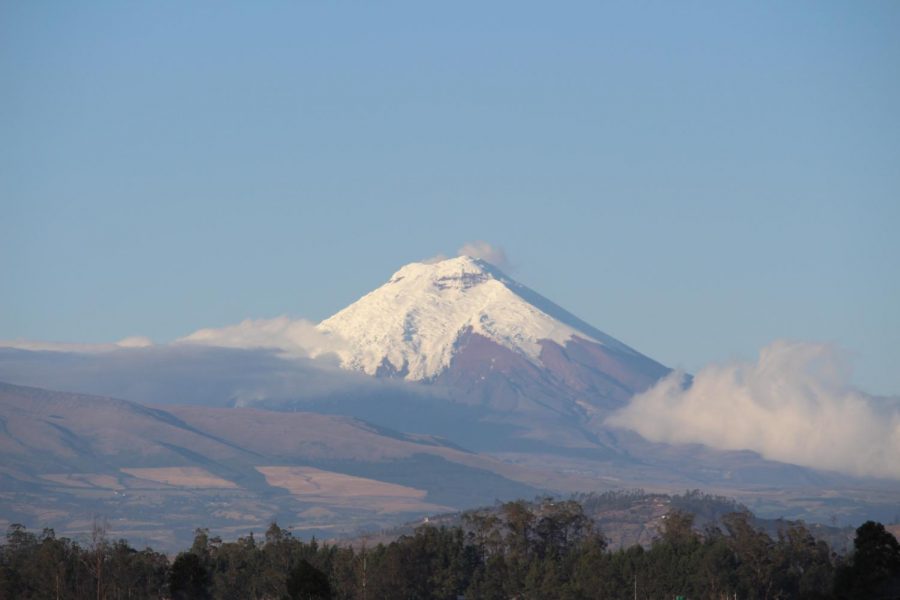Join the wave to the Galapagos
Photo courtesy of Mariah Eisman
The Galapagos are located in the Pacific Ocean. This volcanic archipelago is home to incredible amounts of wildlife which would benefit any of the WS students who decide to go on the Oceanography trip.
November 12, 2018
When you hear “school trip,” your first thoughts likely jump to a history trip to a civil war site, or maybe a music trip to a competition at an amusement park. Biology and Oceanography teacher Mariah Eisman wants to raise your expectations.
Since early last year, Eisman has been talking about setting up a trip to the Galapagos Islands for a few biology and oceanography students. The archipelago, located more than 2800 miles away off the coast of Ecuador, holds significant connections to both curriculums. Most notably, it was at this location that Charles Darwin developed his theory of evolution.
Eisman’s goal is to raise the expectations for school trips at WS, she sees the value, of larger trips in particular, because they add to students learning.
“I was in the travel industry, and I think it’s important for students to apply their knowledge outside of the classroom.” said Eisman. The excitement of international travel is another factor.
“I want to go!” said Eisman.
The focus of the trip will be on the wildlife and the environment of the islands as they pertain to the curriculums. Guides will lead students across the different islands, focusing on making connections to the classes. “Bringing the class outside,” is what Eisman believes will truly immerse her students into the subjects.
Planning a big trip for the science department is special to Eisman, since the department is facing a major drought of engaging student trips. There has not been an oceanography trip in ten years.
Biology teacher Tammy Riggins has held similar trips in recent years. She organized a trip to the Galapagos in 2015, and another trip to Belize in 2016. Eisman plans to keep a more specific curricular focus, while Riggins had an equal focus on the experience of international travel for her students.
“It’s cool to see different cultures in action.” said Riggins, who guided her students through the culture and language of the countries in addition to the curricular elements.
Eisman’s first mention of the trip to her students, was to a select group of students who spend a lot of time in her classroom after taking her biology class freshman year. One of these students, junior Zoey Barnett, describes the group as Eisman’s “unofficial TA’s,” and thinks the trip will be an excellent opportunity for her classes.
“(Oceanography) just seems like a really interesting subject, something I would like to study in another country.” said Barnett.
For students looking for a career in biology, this trip would provide a very valuable experience.
“It’s a great opportunity to study animals you won’t see here,” said Barnett, “It would probably look good on college applications to be able to say you studied in the Galapagos islands.”





